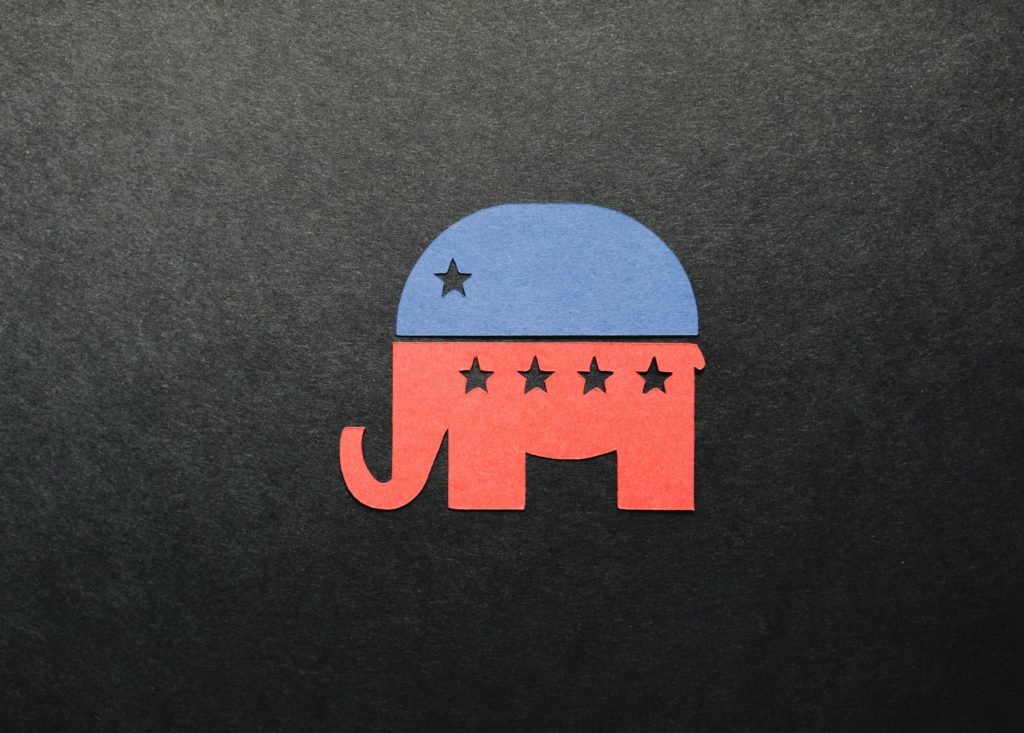
Reprinted with permission. Originally featured here.
Written by Jon Hale, Ph.D., CFA, Director of Sustainability Research for the Americas at Sustainalytics.
A New York Times article this week shed some light on who is behind the anti-ESG campaign coming from the political right in the United States. Prominent Republican politicians like former Vice President Mike Pence, Florida Gov. Ron DeSantis, and Sen. Tom Cotton of Arkansas have spoken out against ESG in recent months, and several Republican-led states have taken steps to prohibit state investment funds from doing business with asset managers that use ESG principles.
The anti-ESG campaign makes little sense to the many end investors, asset managers, and corporate leaders who see the consideration of environmental, social, and corporate governance information as important to both investor and corporate financial success.
But politicians don’t just pick complicated financial issues out of thin air and start opining on them. In this case, according to the Times, ESG is being politicized by a wealthy conservative patron who opposes the spread of “liberal values” in civil society.
ESG as Process Versus ESG as Product
I’ll get back to that in a minute, but first, it’s important to arrive at a basic understanding of ESG. To do so, it’s useful to distinguish between ESG as process and ESG as product. “ESG as process” refers to incorporating ESG information and analysis into the broader investment process, which includes standard financial and valuation approaches. It also refers to using ESG information and analysis to inform active ownership, which is the process of engaging with companies and casting proxy votes at company meetings. Using ESG factors allows for a more holistic view of material investment risks and opportunities than may be possible from financial analysis alone. To varying degrees, many asset managers now incorporate ESG factors into the investment processes of their investment strategies and funds.
I detect no groundswell of opposition to ESG in the investment industry. In one recent survey, 85% of asset managers indicated that ESG has become a priority for them. Nor do many large asset owners appear to be opposed to ESG. A recent survey by Morningstar Indexes and Morningstar Sustainalytics showed a large majority of asset owners believe ESG to be financially relevant to the investment process. If anything, individual investors are becoming more attentive to ESG as younger generations exhibit very high levels of interest. Corporations, meanwhile, have increasingly embraced ESG, as they begin to transition their energy use away from fossil fuels and address other material ESG issues specific to their business.
“ESG products” are funds that seek to deliver competitive investment returns and positive ESG outcomes, or impact. To be sure, there are many who aren’t on board with ESG funds, because they are more expensive than market-cap-weighted index funds, or because they perceive (incorrectly, in my view) that ESG funds underperform. Others believe ESG funds don’t go far enough in considering the broader social and environmental impact of their portfolios.
But there is an obvious answer to these objections to ESG funds: Don’t invest in them. Investors who aren’t interested in ESG funds have literally thousands of funds from which to choose. Of the roughly 10,000 open-end and exchange-traded funds available to U.S. investors, about 94% of them are not ESG funds.
Anti-ESG as a Proxy for Opposition to the Spread of ‘Liberal Values’ in Civil Society
So if the impetus for the anti-ESG campaign isn’t coming from investors or corporates, where is it coming from? That brings us back to the article by Times reporter Kenneth Vogel. He reveals that the man behind the anti-ESG curtain is a prominent conservative activist named Leonard Leo, who oversees “an opaque, sprawling network” of conservative initiatives and front organizations funded through anonymous “dark money” donations.
Leo is better known as a longtime executive of the Federalist Society, which has been the key organization working to shift the federal judiciary to the right over the past 30 years. Having won that war, at least provisionally, Leo has set his sights on something bigger: shifting American culture and institutions to the right.
“The idea behind the network and the enterprise we built is to roll back liberal dominance in many important sectors of American life,” Leo told Vogel.
That has put asset managers who incorporate ESG into their investment processes, and so-called “woke” corporations, in Leo’s crosshairs.
Anti-ESG Front Groups
According to Vogel, the anti-ESG campaign has been pushed by two obscure not-for-profit groups that have been funded by Leo’s network and that are advised by his for-profit consultancy, CRC Advisors. One group, the benign-sounding Consumers’ Research, has spent nearly $10 million on its anti-ESG work this year, Vogel reports. Its otherwise out-of-date website lists four staff members, one of whom used to work for Leo.
